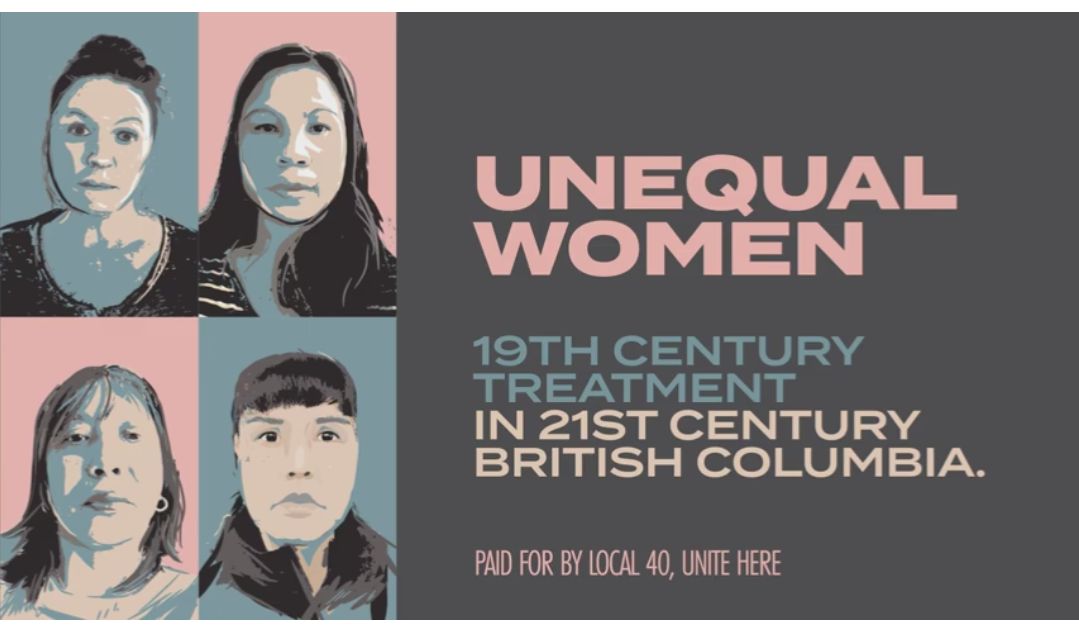It has been a long wait for public dental care and pharmacare. The Dental Benefit Act was passed in November 2022 and the Canada Pharmacare Act was introduced in February 2024. Unfortunately, both fall far short of what is needed “to facilitate reasonable access to health services without financial or other barriers,” the promise of the 40-year-old Canada Health Act.
The Canada Health Act lays out five key principles: universality, comprehensiveness, portability, public administration and accessibility. Neither the dental care nor pharmacare programs attempt to adhere to these much-lauded principles, which have been ignored when it’s not profitable for big pharma, insurers or doctors.
Universality is about ensuring that programs are available to all. From the introduction of public health care, in 1966, universality was widely popular but vehemently opposed by corporate interests and some doctors, who saw health care as a commodity to be bought, rather than a right. Universality includes providing a full spectrum of services throughout one’s life such as physiotherapy, home care, long-term care, as well as dental care and pharmacare.
In a completely universal system, the insurance industry has no role and therefore makes no money. Yet the Canadian Dental Care Plan (CDCP) is administered by Sun Life, a private insurance company. Moreover, anyone who has coverage, even inadequate coverage by employer/pension-sponsored or private plans, is not eligible. Once the program is fully rolled out (it is being phased in by age, with the eldest to receive coverage first), “up to” nine million Canadians with an income less than $90,000 could benefit from the program. Out of the 30,500 dental professionals in Canada, just 9,000 have signed up to participate so far, and many seniors report that their dentists have not enrolled. Clearly the program is not accessible to all nor is it universal or publicly administered. The very premise of the dental care plan shows how little teeth the Canada Health Act has. In fact, the dental plan undermines publicly provided health.
Comprehensiveness means that “All medically necessary health services provided by hospitals and doctors must be covered under provincial/territorial health care insurance plans.” Not covering prescription medications violates this principle. Only if you are hospitalized is necessary prescription medicine provided without cost. If a doctor outside of hospital prescribes medication, it isn’t covered. A recent poll found that a quarter of Canadians struggle to pay for prescription medications and so are skipping pills or not refilling their prescriptions. Canadians have long demanded pharmacare coverage and while this entrée is welcome, there is a big “but” — what about comprehensiveness? NDP leader Jagmeet Singh called this “a big bold step” and “historic,” but how is it bold to only cover contraceptives and diabetes medication? It is at best a cautious step forward. Unlike dental care, there are no ghettoizing means tests to access these prescription medications and the program is publicly administered, but its scope is extremely narrow.
If the pharmacare program were truly comprehensive and publicly administered, big pharma and the insurance industry would fight it tooth and nail. The Canadian Life and Health Insurance Association, who represents insurers that make a profit out of every prescription filled, issued a stark warning that public insurance will weaken drug coverage. This is fearmongering. A single-payer universal drug plan would end the need for private drug coverage, threatening its profits.
Forty years after the passage of the Canada Health Act, dental care and pharmacare are making a shadowy entry into our public health care system. The NDP should have demanded a better deal, rather than this compromise that benefits far too few people while undermining the foundations of the public health care system. Capitalism will always fight against a universal, comprehensive, accessible, and publicly administered health care system. We won public health by fighting the private interests that profit from health care. This is one of many reasons for continuing this fight and going further: building a socialist world that meets everyone’s needs instead of a system that profits the few.



